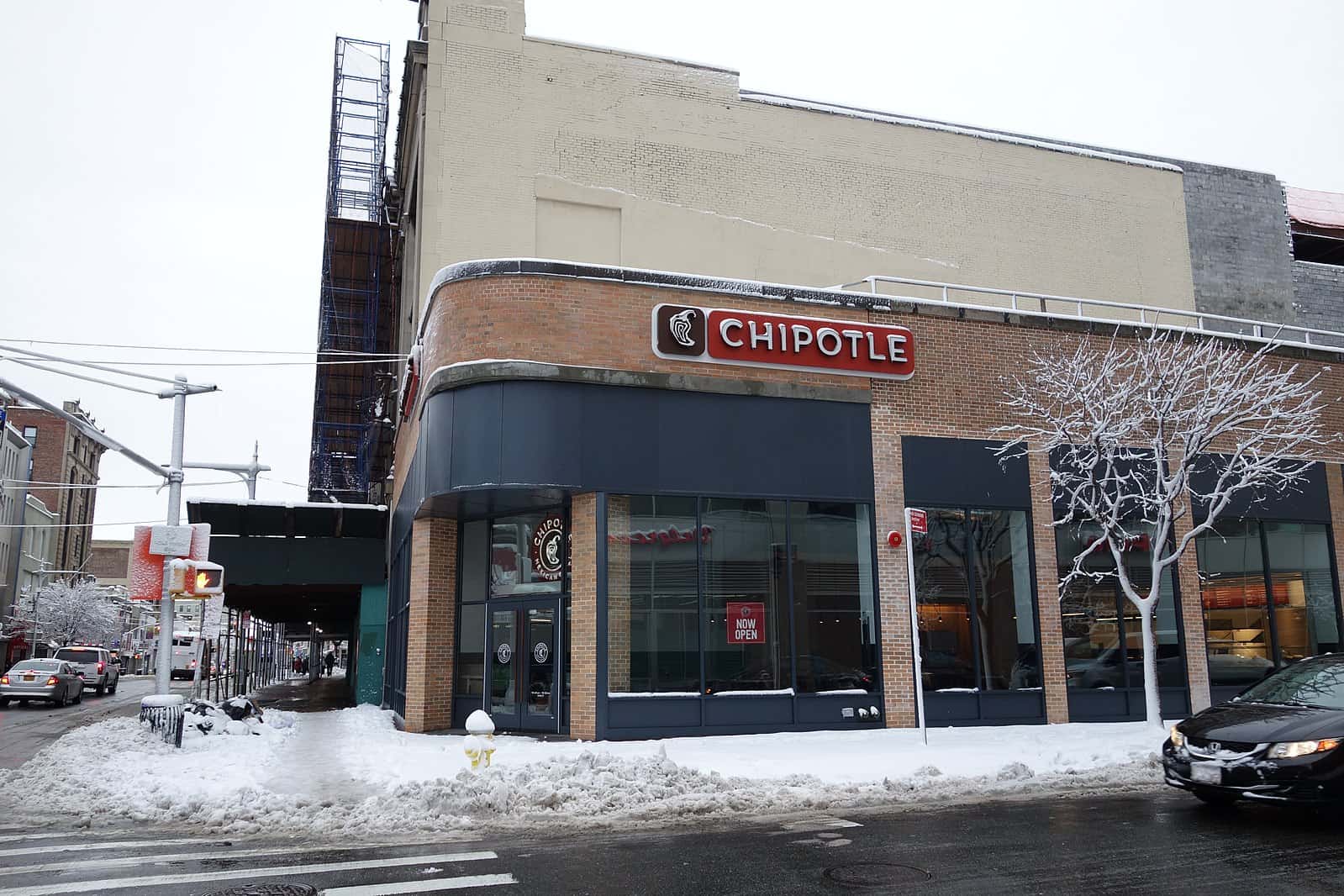Anita Alem is a student at Harvard Law School.
In today’s news and commentary: Chipotle closes store following workers’ push to unionize, staffing firms sue NLRB General Counsel Abruzzo over captive audience meetings, and Kellogg MorningStar plant workers file to unionize.
On Wednesday, Chipotle United workers filed a complaint with the NLRB alleging Chipotle closed down its Augusta, Maine location in retaliation for workers filing for a union. In late June, workers at the Maine store were the first Chipotle location to file for a union election, followed closely by a Michigan location filing in early July. The NLRB previously filed a complaint against Chipotle in 2019 and found that Chipotle had intimidated and fired workers who were attempting to unionize. Chipotle stated that the closure was not a union-busting move but was instead a result of staffing shortages.
Bloomberg reported that several staffing firms have filed suit against NLRB General Counsel Jennifer Abruzzo in federal court in Texas, arguing that Abruzzo’s memo against captive-audience meetings is unconstitutional. The lawsuit states that “[t]he new interpretation prohibits employers from speaking to employees about unionization” and “directly restricts employer speech on the basis of its content, viewpoint, and speaker.” As Tascha reported in April, Abruzzo’s memo stated that captive audience meetings where employees are cornered by management or forced to convene to hear anti-union rhetoric are unlawful under the NLRA. This interpretation would reverse decades of anti-union judicial precedent and potentially significantly embolden union elections.
In more labor news, workers at a Kellogg MorningStar manufacturing plant in Zanesville, Ohio filed a petition for union representation with the NLRB on Tuesday. The nearly 300 workers at the plant are seeking to organize with the Bakery, Confectionery, Tobacco, and Grain Millers International Union. A union representative said the workers are “fighting against mandatory overtime, favoritism, and high health-insurance costs.” Late last year, 1,400 workers at Kellogg, who are represented by the BCTGM as well, were on strike for nearly three months and negotiated to dismantle the two-tiered benefits system that Kellogg had imposed.






Daily News & Commentary
Start your day with our roundup of the latest labor developments. See all
March 3
In today’s news and commentary, Texas dismantles their contracting program for minorities, NextEra settles an ERISA lawsuit, and Chipotle beats an age discrimination suit. Texas Acting Comptroller Kelly Hancock is being sued in state court for allegedly unlawfully dismantling the Historically Underutilized Business (HUB) program, a 1990s initiative signed by former Governor George W. Bush […]
March 2
Block lays off over 4,000 workers; H-1B fee data is revealed.
March 1
The NLRB officially rescinds the Biden-era standard for determining joint-employer status; the DOL proposes a rule that would rescind the Biden-era standard for determining independent contractor status; and Walmart pays $100 million for deceiving delivery drivers regarding wages and tips.
February 27
The Ninth Circuit allows Trump to dismantle certain government unions based on national security concerns; and the DOL set to focus enforcement on firms with “outsized market power.”
February 26
Workplace AI regulations proposed in Michigan; en banc D.C. Circuit hears oral argument in CFPB case; white police officers sue Philadelphia over DEI policy.
February 25
OSHA workplace inspections significantly drop in 2025; the Court denies a petition for certiorari to review a Minnesota law banning mandatory anti-union meetings at work; and the Court declines two petitions to determine whether Air Force service members should receive backpay as a result of religious challenges to the now-revoked COVID-19 vaccine mandate.